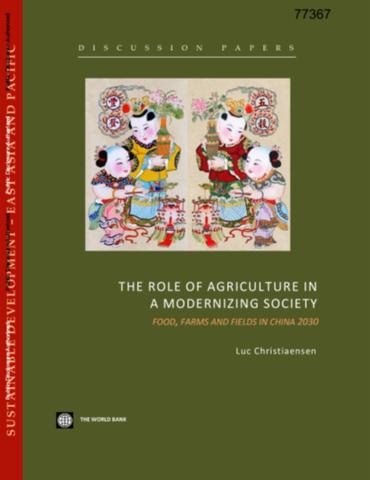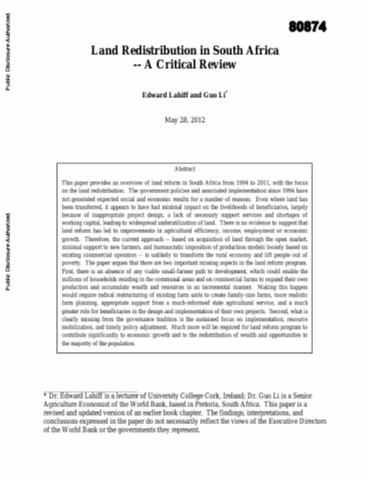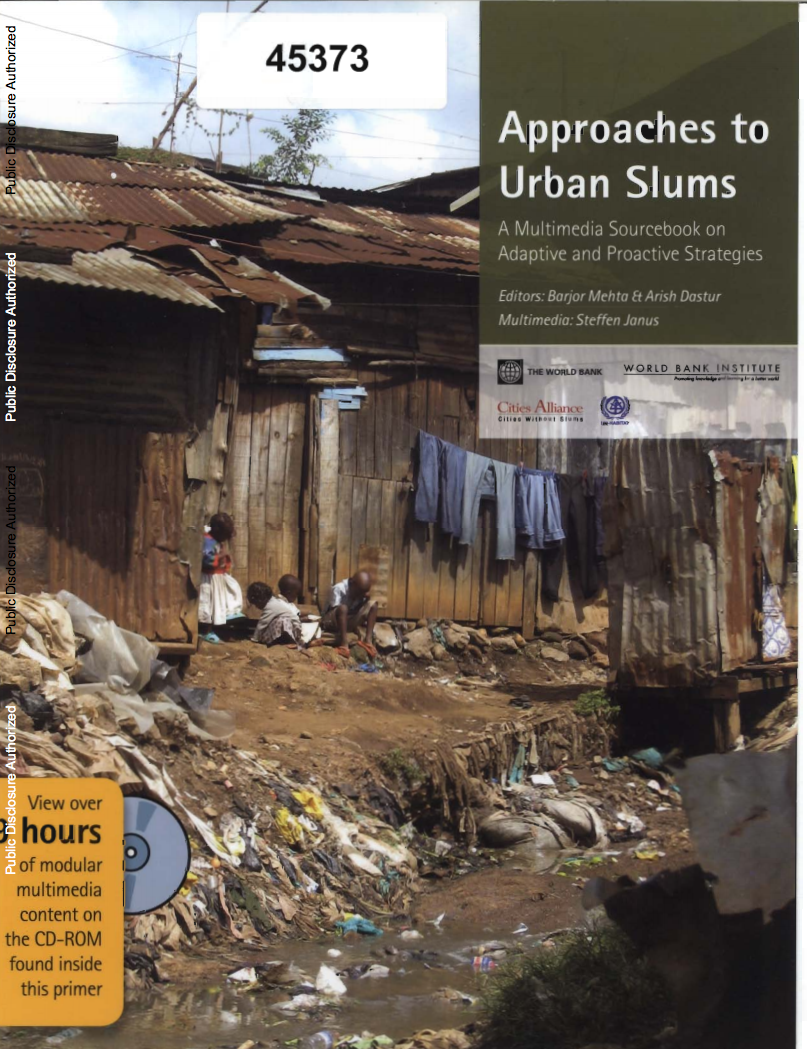Migration, Informal Urban Settlements and Non-market Land Transactions: a case study of Wewak, East Sepik Province, Papua New Guinea
This paper examines the various ways in which migrant settlers have gained and maintained access to land in the informal urban settlements of Wewak, the provincial capital of East Sepik Province, Papua New Guinea (PNG). Urban population growth in PNG and in Pacific Island states more generally is predicted to grow rapidly over the next two decades. Given the limited availability of formal housing for lower income people, it is likely that many will live in informal urban settlements on land owned by customary landowners.






